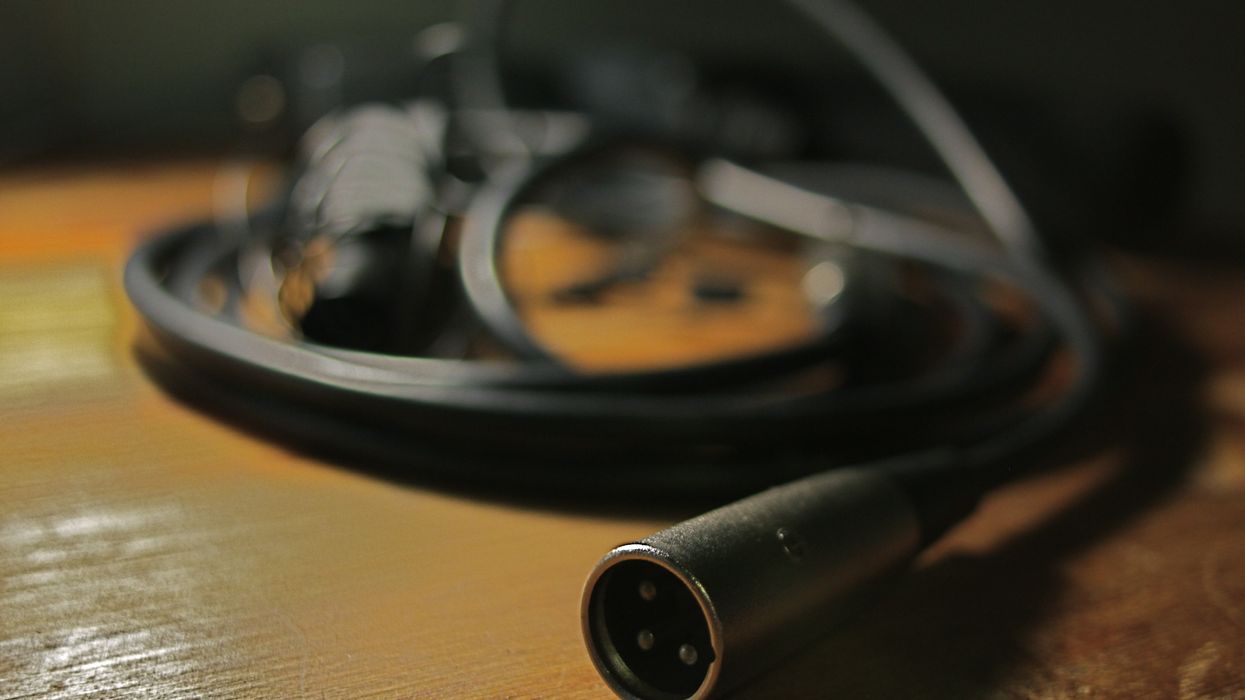Inside the World of Professional ADR with Julie Altus of Todd-AO

It's that hidden aspect of movies you may not think about, but can become the distinguishing factor between a real film and amateur hour: ADR. What gear do the pros use? How does a director prepare for an ADR session? What does ADR mean, anyways? Below, Julie Altus, who has been on the ADR stage at the illustrious Todd-AO for about ten years, gives us a glimpse into it all.
Disclaimer: A few weeks ago, I walked onto an ADR stage for the very first time to record narration for my long-term doc project. I had written the script myself, and I was voicing it myself. (Glutton for punishment?)
As the three beeps sounded for my first take, I was so nervous, I must have set a record for how many words can be said in under a minute. And I almost moved on without another take!
Luckily, we had the talented Julie Altus on our side, and she coaxed us through a multi-hour recording session with excellent results. Afterwards, Julie took the time to jot down the following insights on a plethora of topics regarding the world of ADR.
The "A" in ADR Doesn't Stand for "Audio"
Altus: Automated Dialogue Replacement is what ADR stands for. Often times in film/tv there is a lot of back ground noise that has to be fixed in ADR. It can be done to correct an actor's accent, clarity, Voice Over/Narration, line changes, to clean out bad production noise on lines, and to add loop group (a group of back ground voice actors used to fill scenes and do vocal pick ups.)
How to Prepare for Your ADR Session
Altus: ADR is a great time to make changes and improvements, but also can be very time-consuming and difficult for many actors. You are basically trying to get them to recreate exactly the feelings and voice match and emotions of the scene that is being recorded.
But, it's a large empty stage and can be hard for actors to get back to the "place" they were at when shooting a scene. I would say, have a solid spotting session with your actors, with good notes and proper explanations or reasons as to why they are re-doing the lines, so that they don't get frustrated -- so they know what needs to be changed.
DIY, ADR? TBD
Altus: Low budget ADR is a hard sell. Without a stage and proper rigs to keep timecode, it's not the easiest thing to sync all those things in line. But, a good microphone can be very helpful. If it's super low-budget, record the best you can, and try playing with some "plug-ins" if those are more available.
Favorite Recording Gear
Altus: We have a few mics on stage here that we switch between (indoor, outdoor, breaths and efforts, and VO mics.) Our most common mics are a U87, a LAV, a Sennheiser 416 and a front and back boom mic.
Advice for Getting in to the Biz
Altus: As far as getting into the sound part of this business, I would say learn as much as you can about production recording and post. Understanding production sound really helps you understand what sound you will be working with in post.
I knew in high school I wanted to do work in film/tv, but I wasn't sure what area. I attended Columbia College Chicago and took a variety of classes in different areas of film (lighting, sound, camera etc.)

After finishing school and working random jobs here and there, I found myself at Todd-AO as the vault person. This was a great opportunity for me to spend extra time after my work shift on the dubbing and ADR stages here. I have now been on the ADR stage here for almost 10 years.
Overall Philosophy on Sound in the Pictures:
Altus: Sound, to people, should be half of the film/tv experience. Visually the picture and actors are responsible for getting their role across and sound is no different. We want people to enjoy the movie as much as possible, so making sure that the sound works with the picture and helps carry the film instead of distracting from it is very important. In ADR, the goal is getting a good recording so people can NOT tell that something was re-done.
***
Thank you, Julie!
Have you had experience recording ADR on a stage, or in a DIY setup? Share your tips, or preferably any horror stories, about recording your own ADR or narration.
Link: Todd-AO












